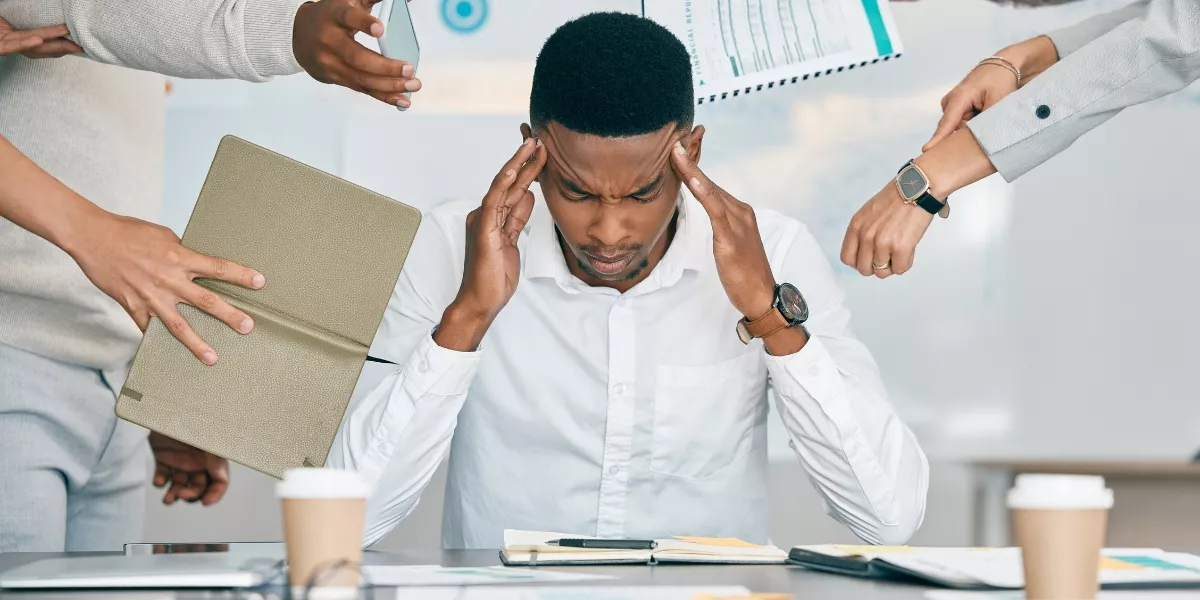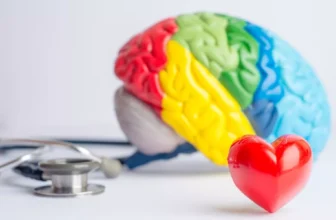
When it comes to recognizing and managing anxiety, being able to identify both physical and emotional cues is vital. But what happens when these signs are more subtle or easily brushed aside? How can you navigate through the complexity of managing anxiety amidst a busy and demanding lifestyle? Let's explore some practical approaches and effective techniques that can help you gain control over your anxiety and foster a sense of calm and balance in your daily life.
Common Signs of Anxiety
If you're unsure whether you're experiencing anxiety, pay attention to physical symptoms like rapid heartbeat and muscle tension. These are common signs that your body may be reacting to stress or worry. Another indicator of anxiety can be changes in your breathing patterns – shallow, rapid breaths may signify heightened anxiety levels. Additionally, you might notice yourself feeling restless or on edge without a specific reason. This sense of unease can be a clear signal that anxiety is present.
Furthermore, pay attention to any digestive issues you may be experiencing. Anxiety can manifest in the form of stomachaches, nausea, or even diarrhea. It's essential to recognize these physical symptoms as potential signs of an underlying anxiety issue that needs addressing. Additionally, headaches or muscle aches that seem to occur frequently and without a clear cause could also be linked to anxiety. By being mindful of these physical signs, you can better understand and manage your anxiety levels.
Strategies for Managing Anxiety
To effectively manage anxiety, it's important to develop a toolkit of coping strategies suited to your individual needs and preferences. One effective strategy is deep breathing exercises. When you feel anxious, take slow, deep breaths to help calm your body's stress response.
Another helpful technique is practicing mindfulness. By focusing on the present moment without judgment, you can reduce anxious thoughts and feelings. Regular physical activity is also key in managing anxiety. Exercise releases endorphins, which are natural mood lifters and stress relievers. Additionally, maintaining a healthy diet and getting enough sleep can positively impact your anxiety levels.
Engaging in activities you enjoy, such as hobbies or spending time with loved ones, can provide a much-needed distraction from anxious thoughts. Setting realistic goals and priorities can help you feel more in control of your life, reducing anxiety. It's essential to remember that what works for one person may not work for another, so experiment with different strategies to find what best helps you manage your anxiety.
Seeking Professional Help
Consider consulting with a licensed therapist or counselor for professional help in managing your anxiety. These trained professionals can offer valuable support and guidance tailored to your specific needs. Therapy provides a safe space for you to explore your thoughts, feelings, and behaviors related to anxiety. Through therapy, you can learn coping strategies, relaxation techniques, and cognitive-behavioral skills to better manage your symptoms.
Therapists can help you identify triggers that worsen your anxiety and assist you in developing effective ways to address them. They can also work with you to challenge negative thought patterns and replace them with more positive and realistic ones. Additionally, therapists can teach you how to practice mindfulness and other techniques to stay grounded during moments of heightened anxiety.
Lifestyle Changes to Support Mental Health
Making small adjustments to your daily routines and habits can significantly contribute to supporting your mental health. Start by prioritizing regular exercise. Physical activity releases endorphins, which can help reduce feelings of anxiety and stress. Aim for at least 30 minutes of exercise most days of the week.
Additionally, focus on getting enough quality sleep. Lack of sleep can exacerbate anxiety symptoms, so establish a relaxing bedtime routine and aim for 7-9 hours of sleep per night.
Another important lifestyle change is maintaining a balanced diet. Eating nutrient-rich foods like fruits, vegetables, whole grains, and lean proteins can positively impact your mood and overall well-being. Limiting caffeine and alcohol intake can also help manage anxiety symptoms.
Furthermore, practicing relaxation techniques such as deep breathing, meditation, or yoga can promote mental clarity and reduce stress levels.
Lastly, consider setting aside time for activities you enjoy, whether it's reading, painting, or spending time with loved ones. Engaging in hobbies and social interactions can provide a much-needed mental break and boost your overall mental health.




